Welcome to the Journal Pancreatology
In conjunction with the International Association of Pancreatology, the Pancreatic Society of Great Britain and Ireland is pleased to offer its members access to the official journal of Pancreatology.
Pancreatology is the official journal of the International Association of Pancreatology (IAP), the European Pancreatic Club (EPC). Many national societies are affiliated with IAP including the PSGB&I. It's also home to many study groups from around the world. Dedicated to the understanding and treatment of exocrine as well as endocrine pancreatic disease, this multidisciplinary periodical publishes original basic, translational and clinical pancreatic research from a range of fields including gastroenterology, oncology, surgery, pharmacology, cellular and molecular biology as well as endocrinology, immunology and epidemiology.
Readers can expect to gain new insights into pancreatic physiology and into the pathogenesis, diagnosis, therapeutic approaches and prognosis of pancreatic diseases. The journal features original articles, case reports, consensus guidelines and topical, cutting edge reviews, thus representing a source of valuable, novel information for clinical and basic researchers alike.
Click the cover below to access the journal via your member locker, you will need to be signed into the site to do this. If you would like access but are not yet a member, you can join here
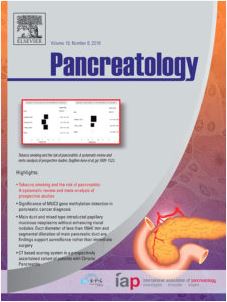 |
| The Journal of Pancreatology |
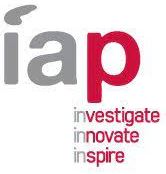 The overarching goal of IAP is to foster close relationships amongst researchers and clinicians across the globe, stimulate youngsters to engage in pancreatic research and education, disseminate knowledge beyond boundaries, and provide a platform for collaborative cutting edge research to unravel the mysteries of pancreas, an organ long shrouded in mystery.
The overarching goal of IAP is to foster close relationships amongst researchers and clinicians across the globe, stimulate youngsters to engage in pancreatic research and education, disseminate knowledge beyond boundaries, and provide a platform for collaborative cutting edge research to unravel the mysteries of pancreas, an organ long shrouded in mystery.
As part of this collaboration between The Pancreatic Society of Great Britain and Ireland and the IAP we are working to establish joint membership between our organisations, giving PSGB&I members access to a wider range of opportunities for continued research and education. More details will follow in the coming months.
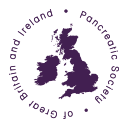
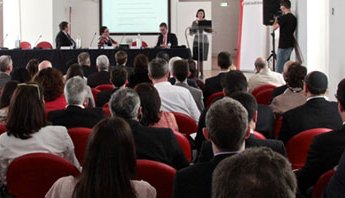



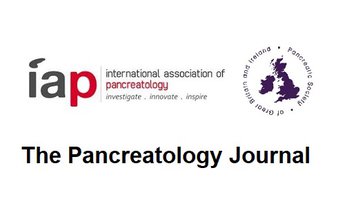




 The overarching goal of IAP is to foster close relationships amongst researchers and clinicians across the globe, stimulate youngsters to engage in pancreatic research and education, disseminate knowledge beyond boundaries, and provide a platform for collaborative cutting edge research to unravel the mysteries of pancreas, an organ long shrouded in mystery.
The overarching goal of IAP is to foster close relationships amongst researchers and clinicians across the globe, stimulate youngsters to engage in pancreatic research and education, disseminate knowledge beyond boundaries, and provide a platform for collaborative cutting edge research to unravel the mysteries of pancreas, an organ long shrouded in mystery.